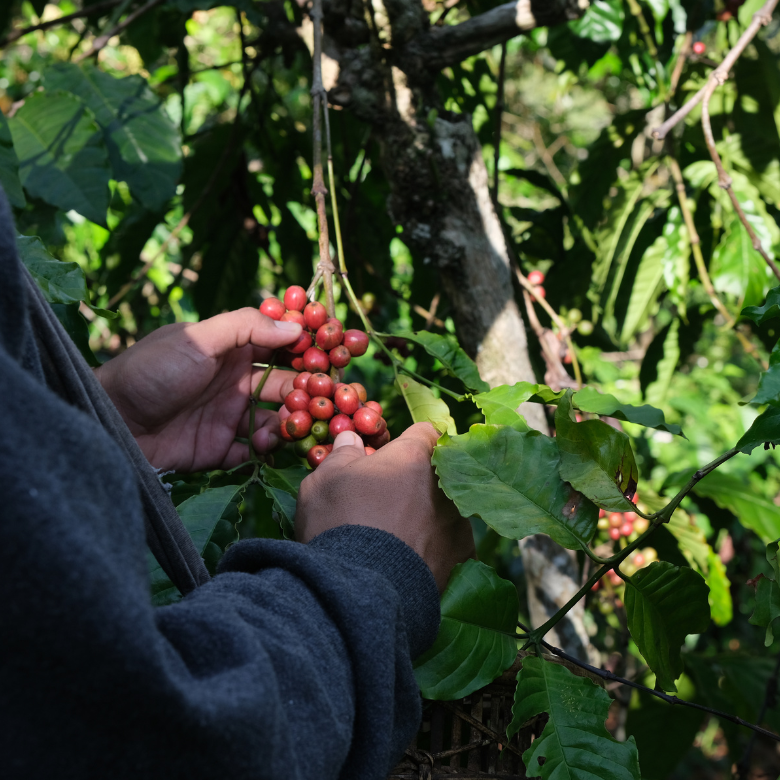
When Coffee Costs $200 Per Kilo
Every so often, a coffee arrives that makes you pause. Not just because of how it tastes in the cup, but because of what it costs.
We’ve just secured a coffee that sits at $70 per kilo, making it the most expensive lot we’ve ever put on our shelves. For comparison, our previous top-end offering was around $50 per kilo, already a serious coffee in terms of craft, labour, and rarity.
So why $70? And how does that compare to the broader world of specialty coffee?
What You’re Paying For
Coffees at this level are never about commodity pricing. They’re about:
-
Unique varieties like Geisha that deliver extraordinary complexity.
-
Exceptional terroir and microclimates where plants thrive.
-
Meticulous processing carefully managed fermentation, drying, and sorting.
-
Tiny lots that represent the absolute peak of a farm’s output.
The result is a cup with a sensory range you just don’t find in everyday blends, layers of florals, fruit, and sweetness that push coffee into new territory.
In Context
At $70/kg, this lot feels special, but in the global specialty landscape, it’s still modest. In recent auctions, celebrated Geisha lots from Panama have sold for $30,204 per kilogram for a washed process lot, and $23,608 per kilogram for a natural lot. These world-record prices made headlines and continue to reset what people think coffee is worth.
Compared to that, our $70/kg coffee almost seems restrained. But for us, it’s a milestone, the most we’ve ever invested in a coffee, and a clear signal of how far specialty coffee has come.
Why It Matters
For us and for you, this is about more than price. It’s about the opportunity to taste what’s possible when farmers, roasters, and drinkers all push toward excellence.
Coffee may never be “cheap” at this level, but it offers something priceless: a glimpse of what coffee can be when it’s treated not as a commodity, but as a craft.

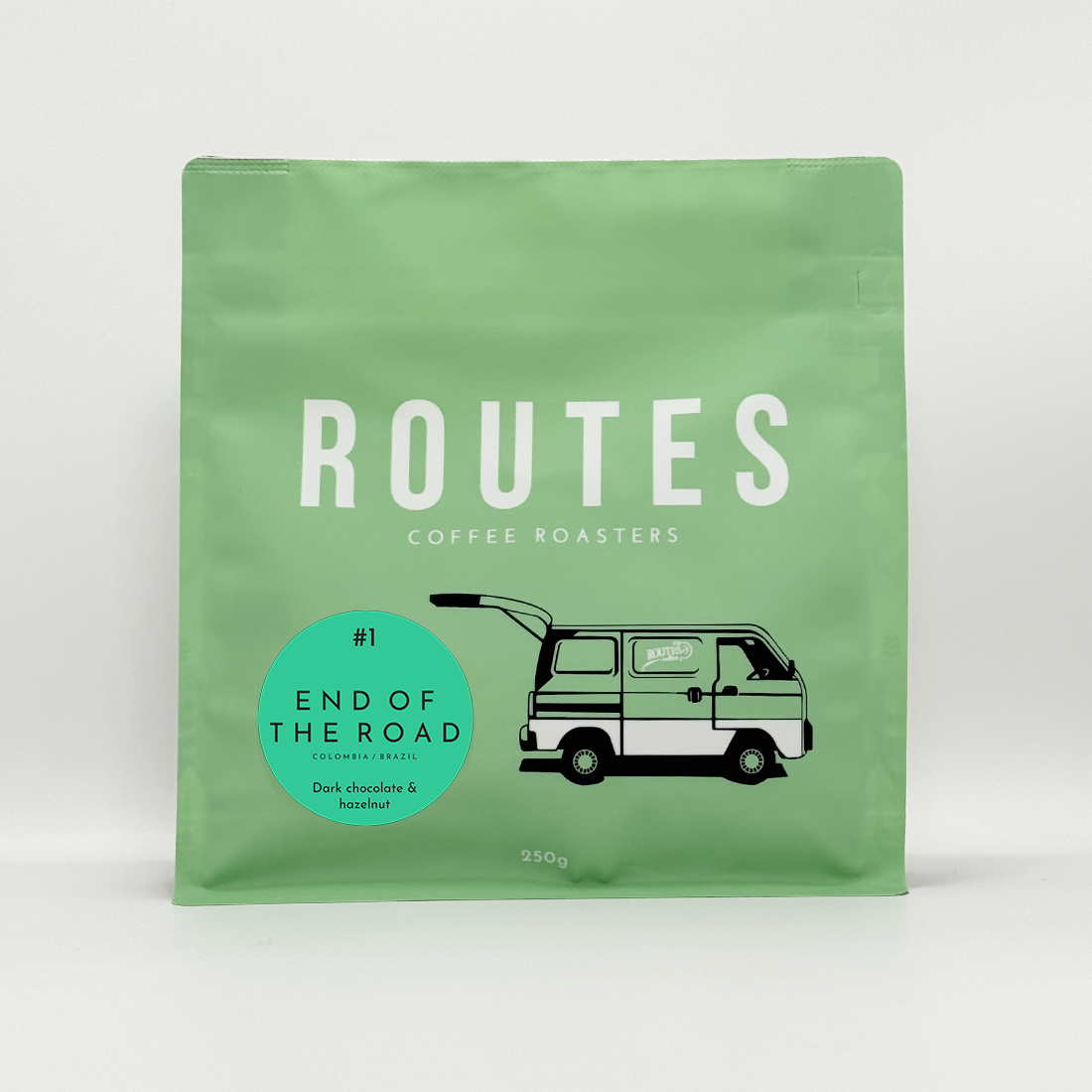
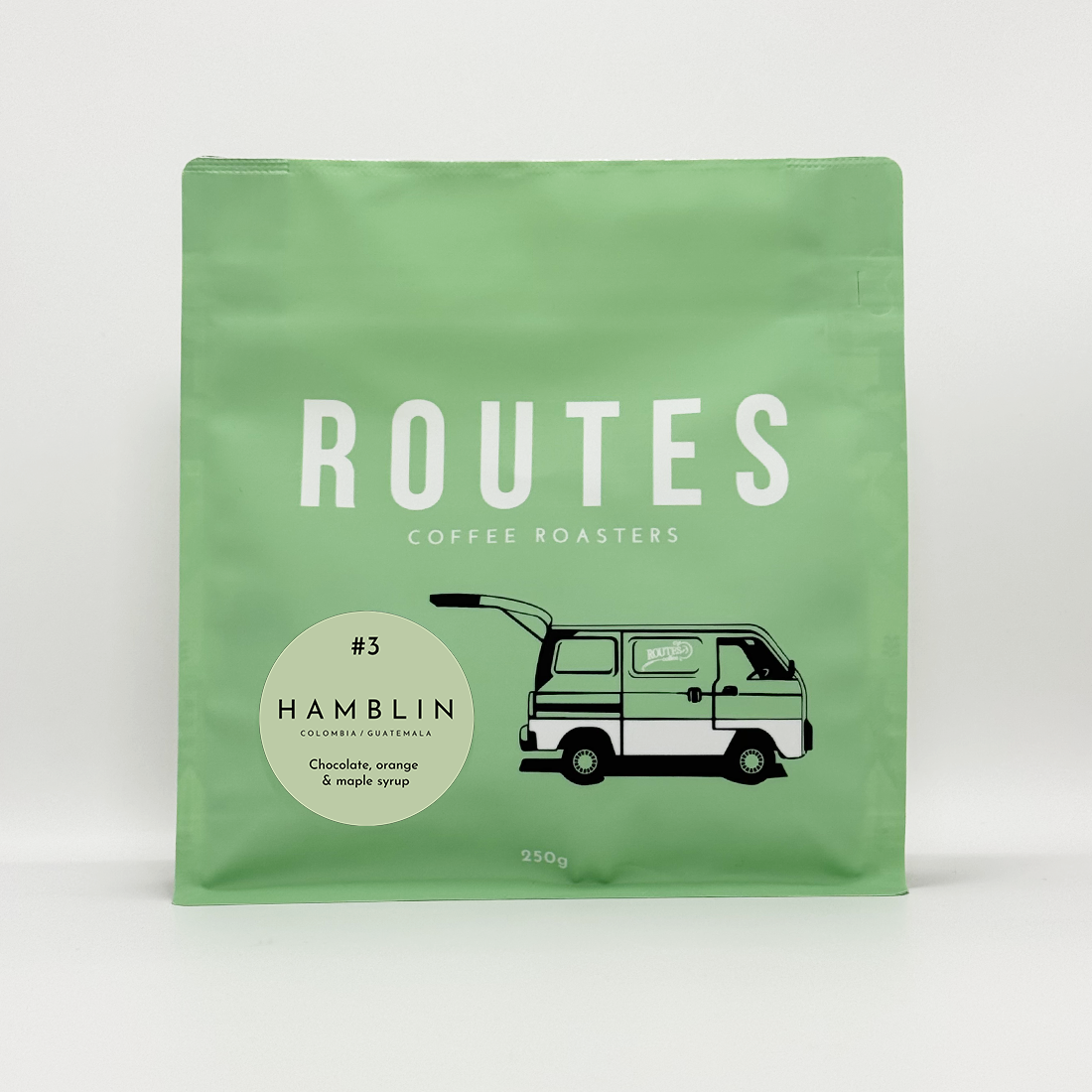
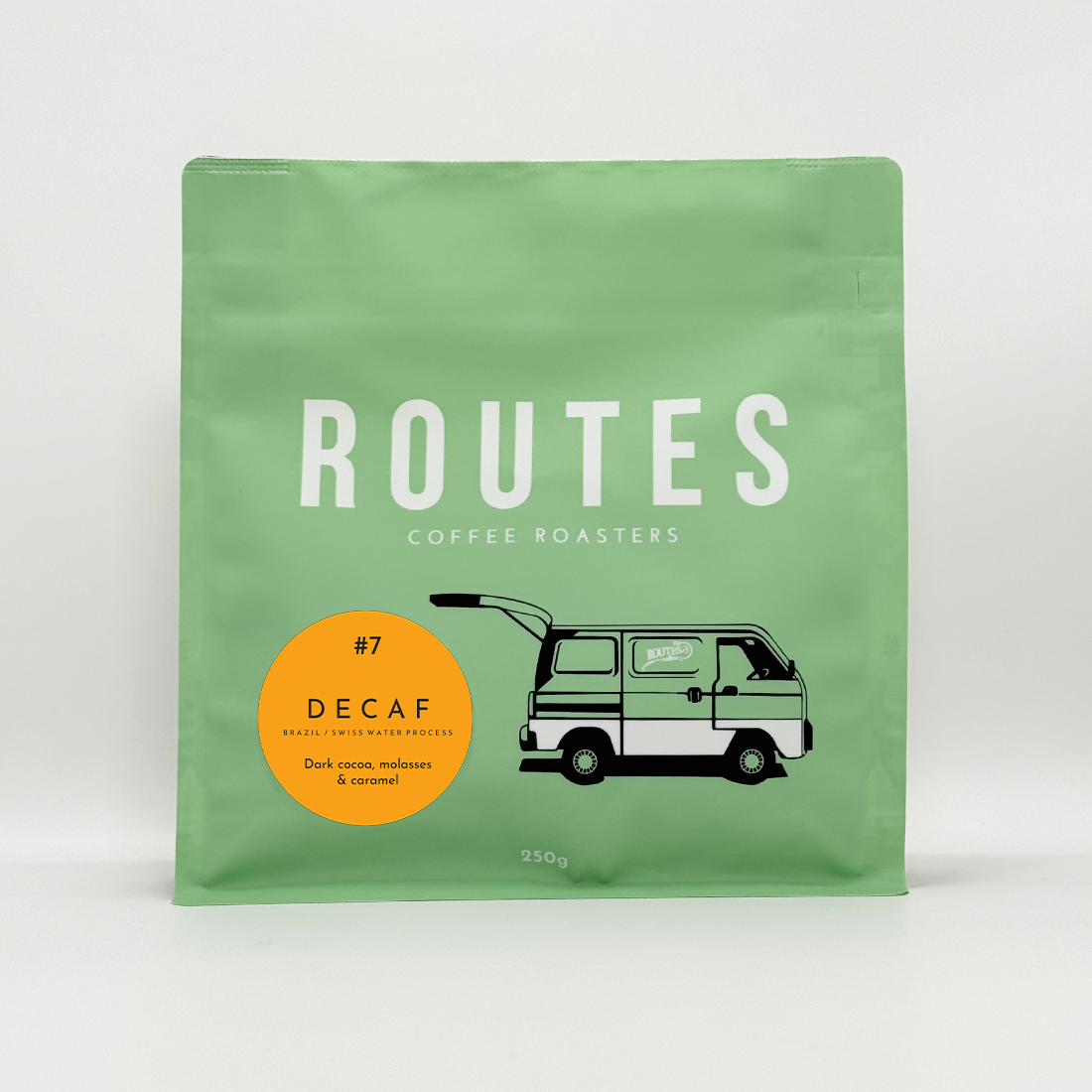

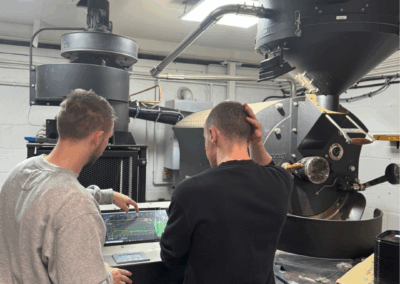
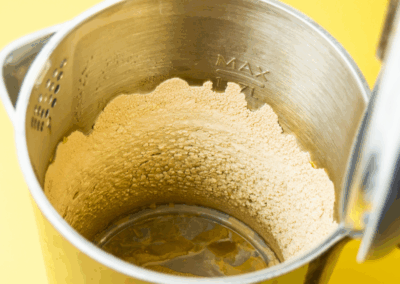
0 Comments